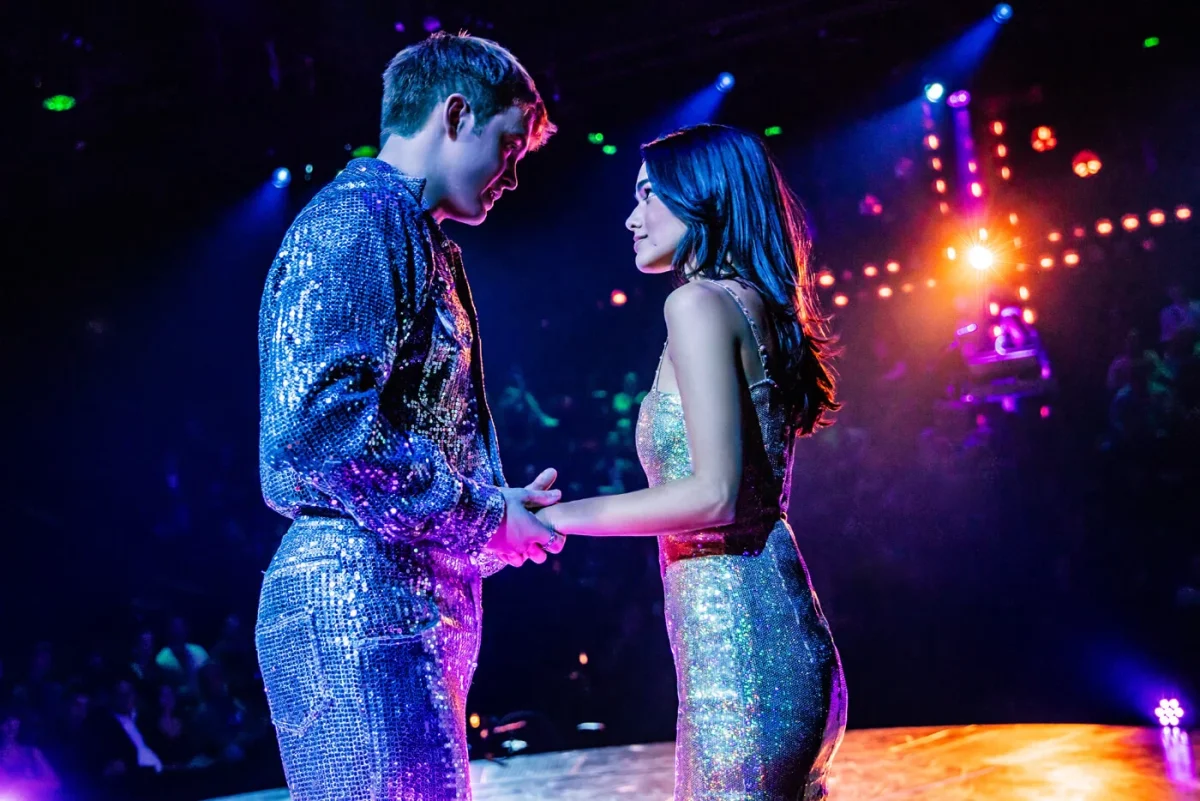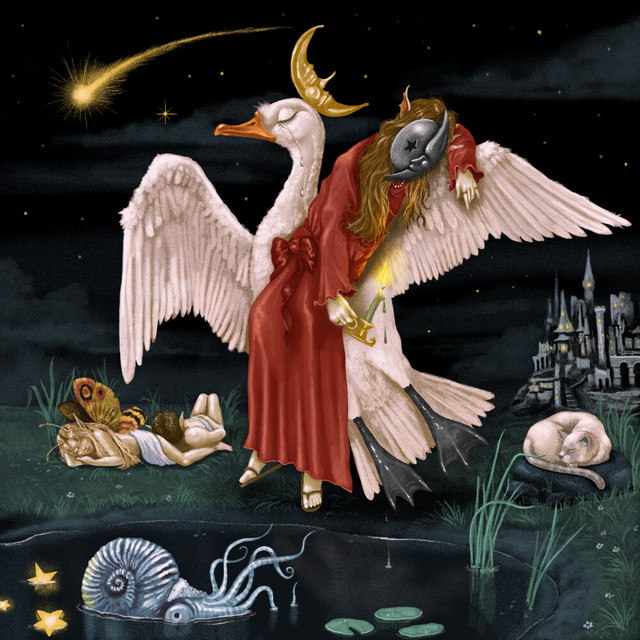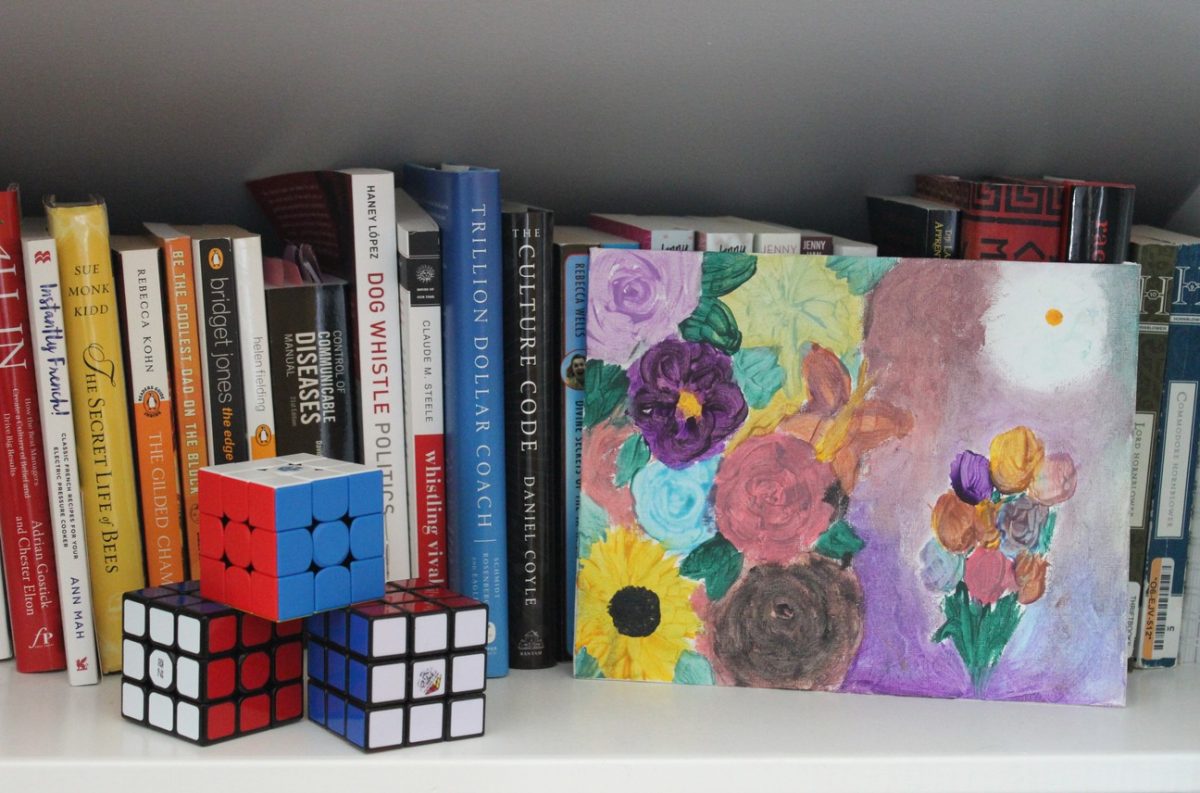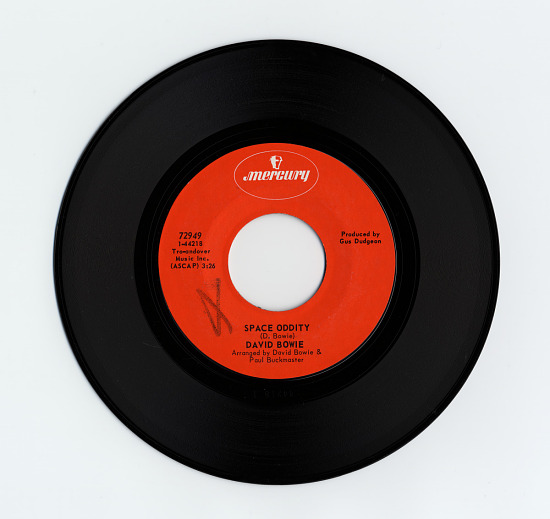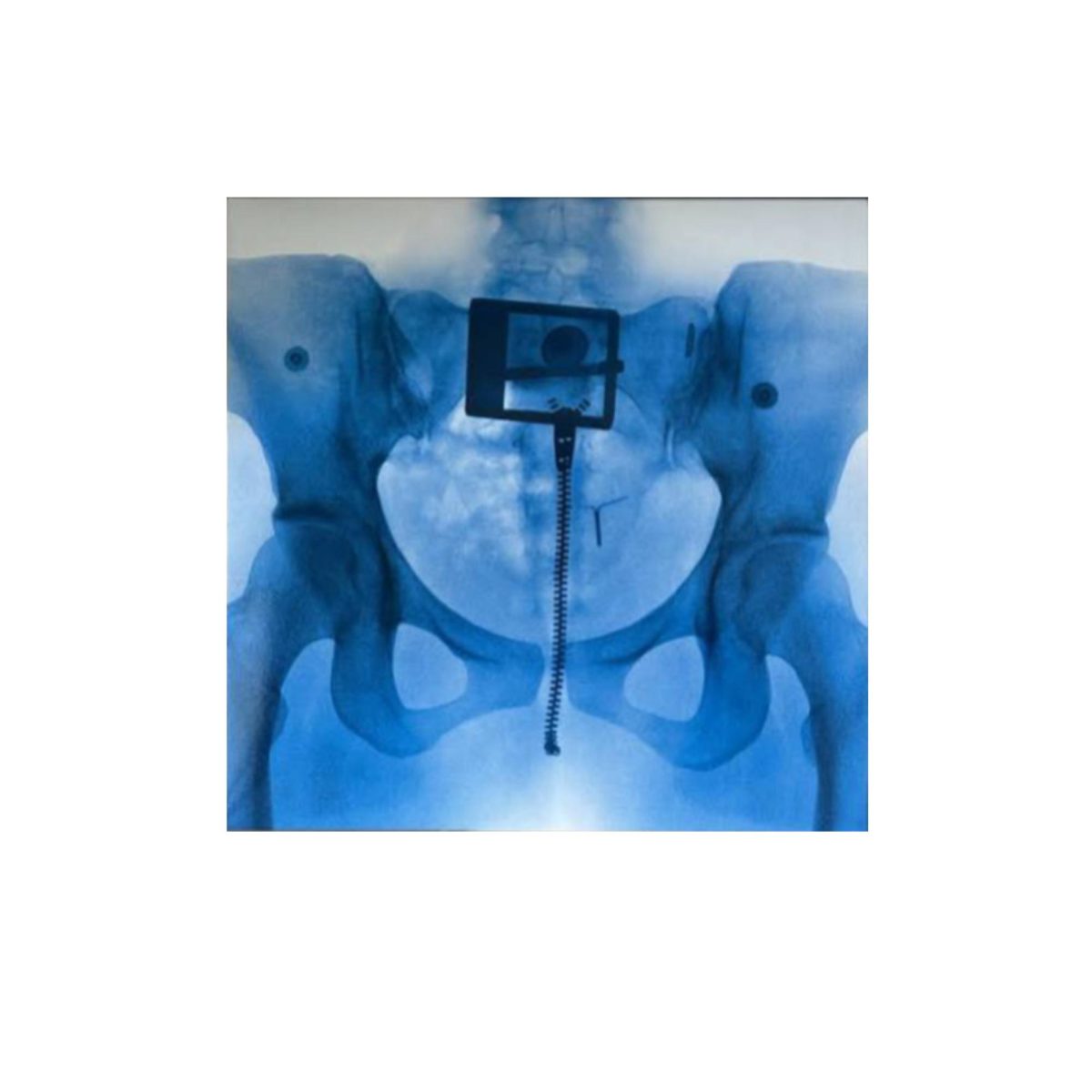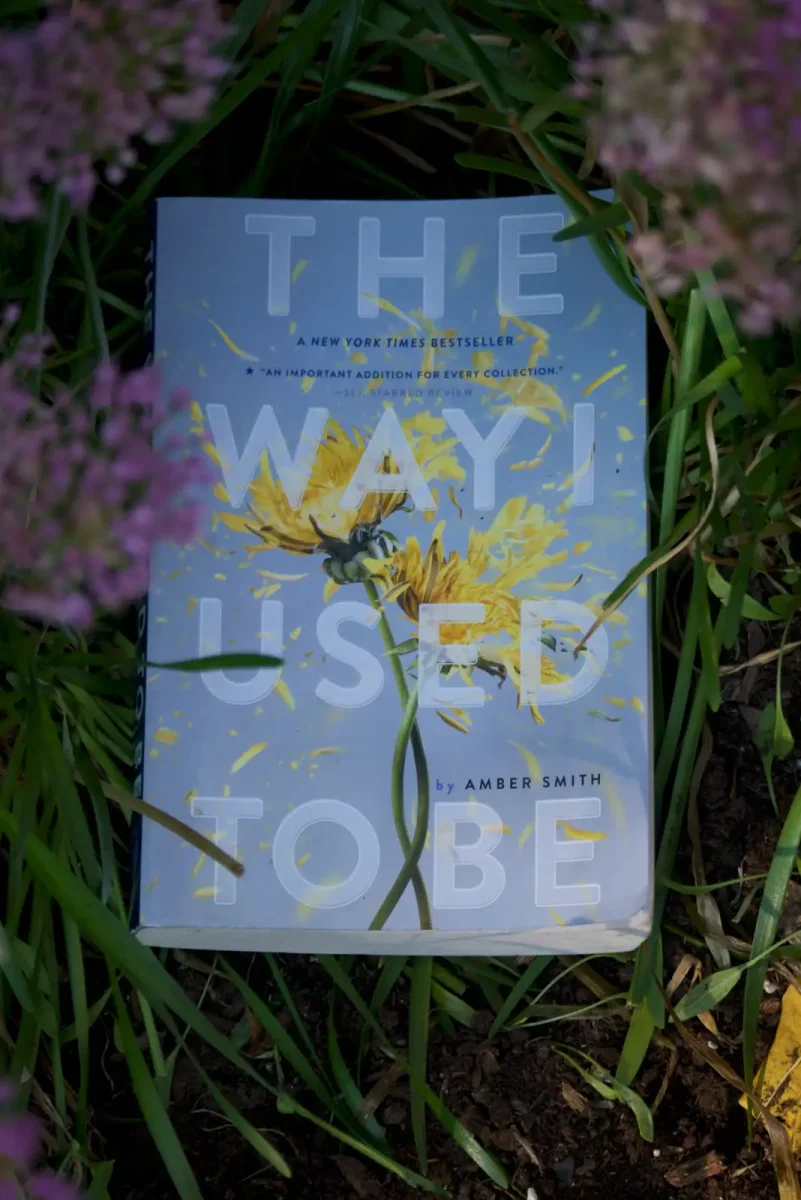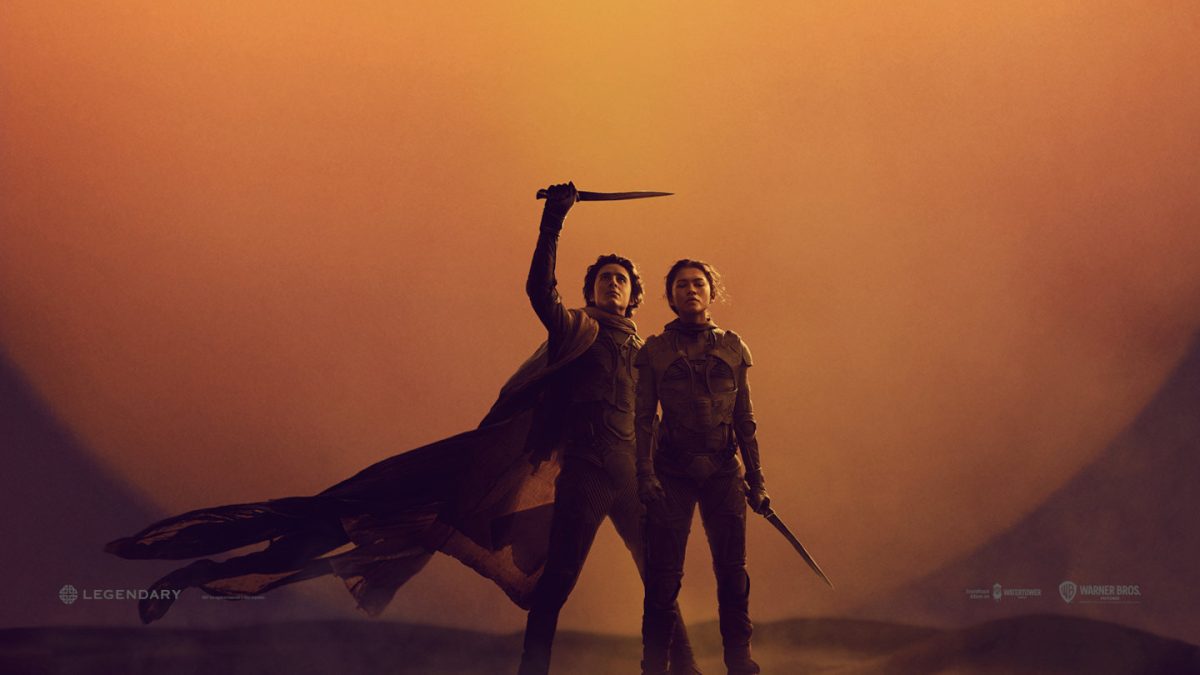Forget what you think you know about “Romeo and Juliet.” Broadway’s latest revival, starring Kit Connor (“Heartstopper”) and Rachel Zeigler (“West Side Story”), isn’t just another retelling of Shakespeare’s most famous tragedy—it’s a story that feels made for Generation Z. Directed by Sam Gold, this production steps away from old-school Shakespeare and delivers a raw, raunchy and heartbreakingly real take on the love, chaos and rebellion that define our generation.
Walking into the theater, I expected a classic “Romeo and Juliet” with fancy costumes, long monologues, and simple sets. I wondered if it would be one of those attempts to “modernize” a classic but not actually commit to it, or an excuse to see two famous actors take their shot at starring in a Shakespeare show. What I watched instead caught me off guard: a version of the play that felt so alive it could’ve been written yesterday.
Where classic versions often focus on the poetic elegance of Shakespeare’s language, Gold’s direction leans into raw emotion, allowing the characters to feel modern and real while still grounded in the timeless themes of passion, rebellion, and heartbreak that define the play. From the moment Connor steps on stage as Romeo, you know you’re not in for a traditional Shakespearean performance. Connor brings a vulnerability to Romeo that feels authentic, impulsive and relatable. His undying captivation with Juliet from the moment he sees her draws the audience’s attention to her, truly channeling a teenage boy who can’t get someone off of their mind.
Zegler’s Juliet, on the other hand, is the opposite of the damsel you see in classic adaptations. She’s fiery, smart and knows exactly what she wants—even if what she wants happens to be totally unattainable. The musical numbers in the show were written by Jack Antonoff, who composes for artists like Taylor Swift and Lana Del Rey. These numbers had a modern folk-pop sound, sung beautifully by Zegler, bringing power and emotion to her character. Zegler’s Juliet feels as though she could walk out of Verona and into our world, a girl caught between family expectations and her own desires. Together, Connor and Zegler have an effortless chemistry that feels as electric and messy as first love often is.
The actors make full use of the intimate black box theater, popping up in unexpected places, from high in the rafters to right next to the audience on ladders that come into the aisles. Juliet’s “balcony” is reimagined as a swinging bed that lowers dramatically from the ceiling, while the stage itself splits open to reveal a colorful bed of flowers, representing how love-stricken Romeo really is.
The cast was star-studded, including Gabby Beans (“Succession,” “House of Cards”), Sola Fadiran (“Macbeth,” “A Raisin in the Sun”) as Capulet and Lady Capulet, and Tommy Dorfman (“13 Reasons Why”), who played the Nurse and Tybalt. These actors brought everything into their supporting roles, standing out in the company and really making the show flow. As most actors played two characters, so many bold acting decisions were made, making the boundaries of Shakespeare feel invisible. While the dialogue sticks to Shakespeare’s original text, the delivery feels conversational and alive, not like watching a centuries-old play. When Romeo and Juliet talk about love, it doesn’t feel like flowery poetry; it’s as if you wrote it in your notes app in the middle of the night. The cast used pauses and occasionally extra words to really modernize Shakespeare’s writing.
What makes this production so special is how much it feels made for a generation raised on social media, activism and a constant awareness of the divides in our world. Gold’s direction swaps Renaissance Verona for a more urban setting. The Montagues and Capulets are more than feuding families—they’re representing cultural, political and social divides that feel so familiar.
What’s really drawing Gen Z audiences is the way this production centers us in the story. Romeo and Juliet aren’t perfect heroes—they’re reckless, emotional and flawed, which makes them so much more relatable. Their story is less about storybook love and more about the kind of messy, all-consuming passion that feels like the end of the world when you’re young. Ultimately, this “Romeo and Juliet” isn’t just about star-crossed lovers—it’s about how young people deal with a world that often seems stacked against them. It’s about rebellion, heartbreak and the desperate need to be understood.



